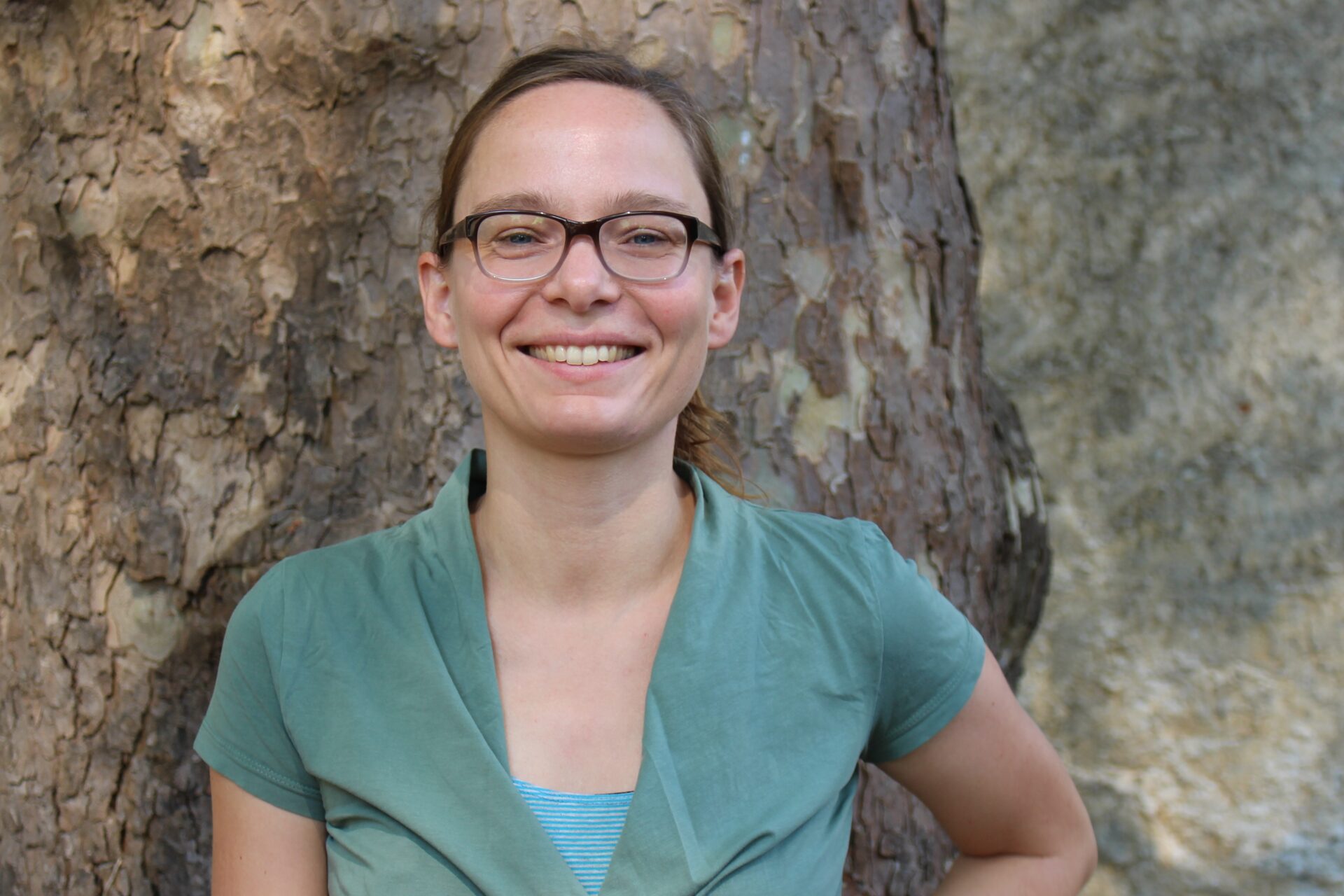Malika Kons says goodbye to Swiss Academy for Development. Malika had been with SA4D since 2012 and impacted the organization and its work significantly. We conducted a goodbye interview with her.
Malika has played a big part in getting SA4D where it is now in its professionalism and specialized sport and play-based development approach for underprivileged children and youth. During her time, Malika held different positions with increasing responsibility – from project officer to interim director. We thank Malika for the legacy she leaves to SA4D. Malika moves on. In this goodbye interview, she reveals where her path leads her.
You’ve been working for SA4D for ten years. Which project has been your flagship project during this time?
I would have a hard time to pick one particular project or mandate as every single one shaped my professional understanding and provided opportunities for learning and growth. If I had to pick one project that particularly marked my time at SA4D though, it would be the Move & Improve project, an early childhood development initiative implemented in Uttar Pradesh, India. I was lucky enough to manage the project from the design stage onwards, to witness a project idea taking shape and to observe the positive impact for the children, their families and communities. I particularly enjoyed the productive and trusting cooperation with our Indian partner organisation and how they helped me to deepen my understanding of the realities in the project villages.
The sport and play-based methodology is at the heart of SA4D’s work and was also an important part of your work. We imagine thus that sport was already vital for you before joining the organisation?
Not at all! My experience of ‘sport’ was shaped by the physical education classes in secondary school: classmates shaming peers that they deemed out of shape, well-meant but harsh, bootcamp-like encouragement by PE teachers, school grades considered more important than enjoying the physical activities.
At SA4D, I discovered a whole new understanding and use of sport: inclusion instead of exclusion, team spirit instead of ferocious competition, emphasis on the group, not the individual’s performance. Having had certain reservations due to my past experience at first, I observed the positive impact of Sport & Play first hand in an education project in Nepal. Since then, I am striving for a structured and purposeful use of Sport & Play, embedded in the project design and alongside other approaches that have been proven useful in development projects. Also, on a personal level, facilitating Sport & Play activities got me to step out of my comfort zone, which also generally led me to embrace challenges with a more positive mindset.
What’s your best memory from your time at SA4D?
There have been so many good moments! I would say though that the interactions I enjoyed with colleagues and partners are my most cherished memories. They broadened my horizon – not only professionally but also on a personal level. I enjoyed the sense of community at SA4D, the collaborative mindset and mutual support. I also fondly remember the planning and training workshops I facilitated. No doubt, the preparation was stressful and involved the occasional night turn in the dark when hotel generators had long been turned off. Yet, that was outweighed by the stimulating atmosphere during the workshops and the cooperative spirit.
We were talking about the legacy you leave to SA4D. How would you describe it?
During my time at the organisation, we were able to sharpen our profile and to refine our approach by developing comprehensive project models in education, employment and health. We managed to consolidate our expertise in the area of sport and development. I assumed an active role by, for example, refining project cycle management processes and sharpening how to use sport and play in a structured and effective way to contribute to the Sustainable Development Goals.
For me personally, sharing lessons learnt, best practices and yes, also failures, emerged as a very important part of project work. As lead for the projects and mandates team, I therefore developed an internal learning and knowledge management concept, guidelines and mechanisms and made an effort to promote an atmosphere conducive to knowledge exchange.
Let’s take a look into your future: What challenges await you now?
After ten intensive and rewarding years with SA4D, I am not in a rush to start a new job right away. I’d like to take some time to take stock, to celebrate achievements and to reflect on what the next step in my career could be. Meanwhile, I continue my commitment to equity in education with RECI, the Swiss Network for Education and International Cooperation. One thing for sure though: whatever my next step, I plan to continue using the sport for development methodology, be it more in the form of interactive teaching elements or of physically more intense sport activities.
I now pass the ball on to a new generation of SA4D staff, wish them good luck and as much gratification I had while working at the organisation. I would also like to take the opportunity to thank my colleagues at the organisation – including those that left before me, our partners in Switzerland and abroad: thank you for inspiring me and may our paths cross again.

